Microsoft and OpenAI establish a $2 million Societal Resilience Fund to boost awareness around AI
Combating election-related misinformation is vital
3 min. read
Published on
Read our disclosure page to find out how can you help Windows Report sustain the editorial team. Read more
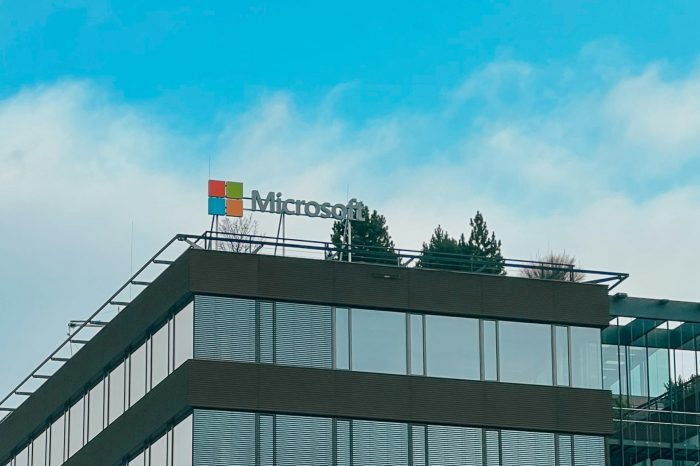
In 2024, when more than 60 countries are heading to polls, the emergence of AI has caused more problems than many would have expected. The use of Artificial Intelligence in deceiving unsuspecting minds through edited photos, videos, and audio has become a challenge globally.
In an effort to combat the problem and increase literacy around AI, Microsoft and OpenAI are setting up a $2 million Societal Resilience Fund. The move is in line with Microsoft’s and OpenAI’s commitment to reducing misinformation spread amongst voters via the use of Artificial Intelligence, including deepfake.
Previously, the generative AI tools from Microsoft and OpenAI have been used to spread election-related misinformation.
As per Microsoft’s official blog, grants from the Societal Resilience Fund will go to several organizations, including Older Adults Technology Services from AARP (OATS), Coalition for Content Provenance and Authenticity (C2PA), International Institute for Democracy and Electoral Assistance (International IDEA), and Partnership on AI (PAI), amongst others.
OATS will hold in-person and virtual training programs for US citizens above the age of 50 to help them understand the concept of AI, its use in spreading misinformation, and how they can identify such instances.
Speaking on the occasion, Tom Kamber, Executive Director, OATS from AARP, said,
As AI tools become part of everyday life, it is essential that older adults learn more about the risks and opportunities that are emerging. We are pleased to work with Microsoft and OpenAI on this vital project to make sure that older adults 50+ have access to training, information, and support—both to enhance their lives with new technology, and to protect themselves against its misuse.
Other organizations, too, will organize similar training and awareness programs aimed at spreading information about the changing digital landscape, the misuse of AI, and the best practices. PAI, on its part, will use proceeds from the grant to augment its Synthetic Media Framework.
Last month, Microsoft brought Content Integrity tools to the EU to help users identify whether an image was in its original form or created/altered using AI. Besides, tech corporations across the globe, including Microsoft, are making it harder for threat actors to use AI to create deepfakes.
In a few months, it will be evident how effective the move turns out to be. For now, we can just hope that the Societal Resilience Fund, established by Microsoft and OpenAI, plays its part in raising awareness.
What do you think is a practical solution to the increasing use of AI in spreading misinformation? Share with our readers in the comments section.

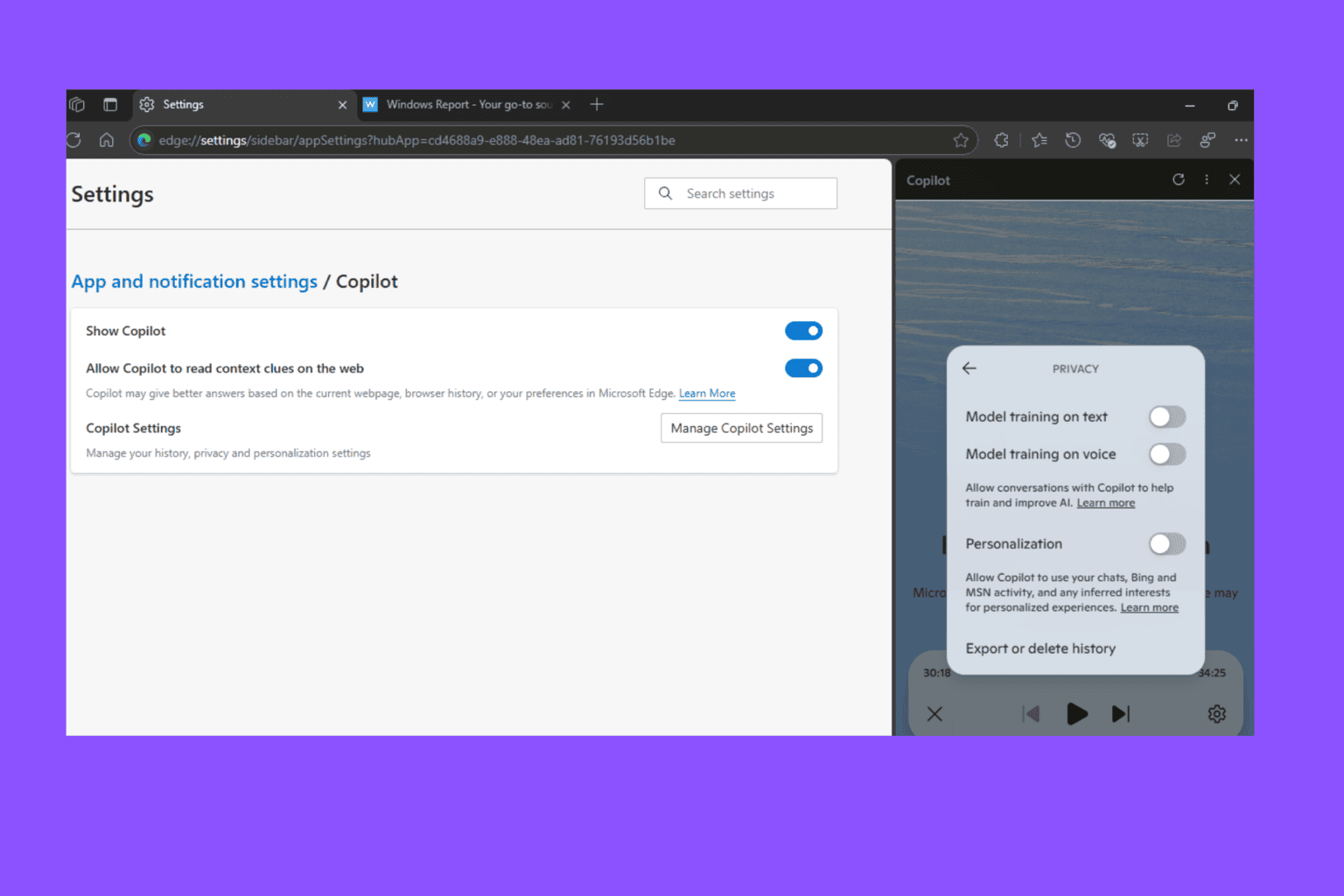
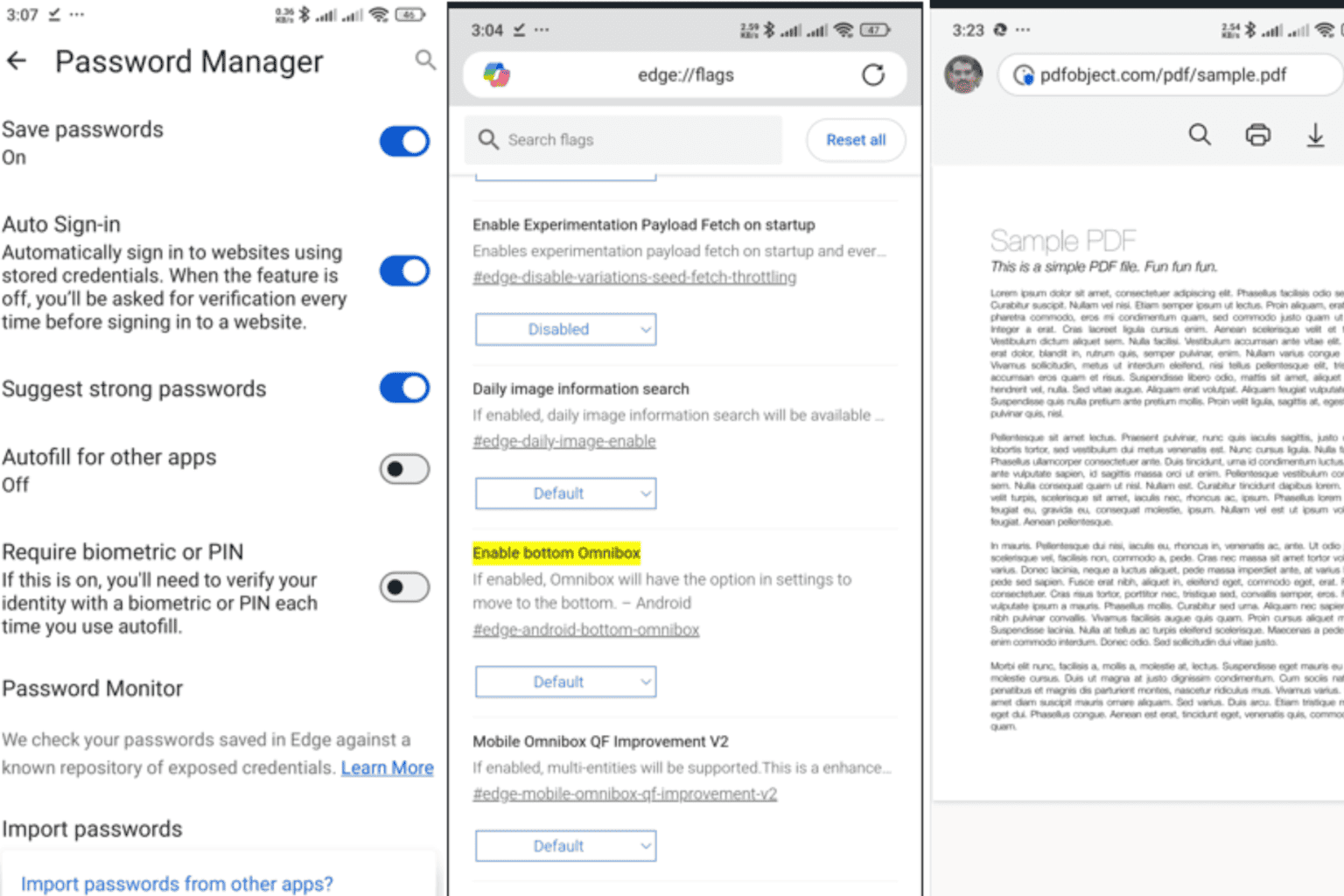
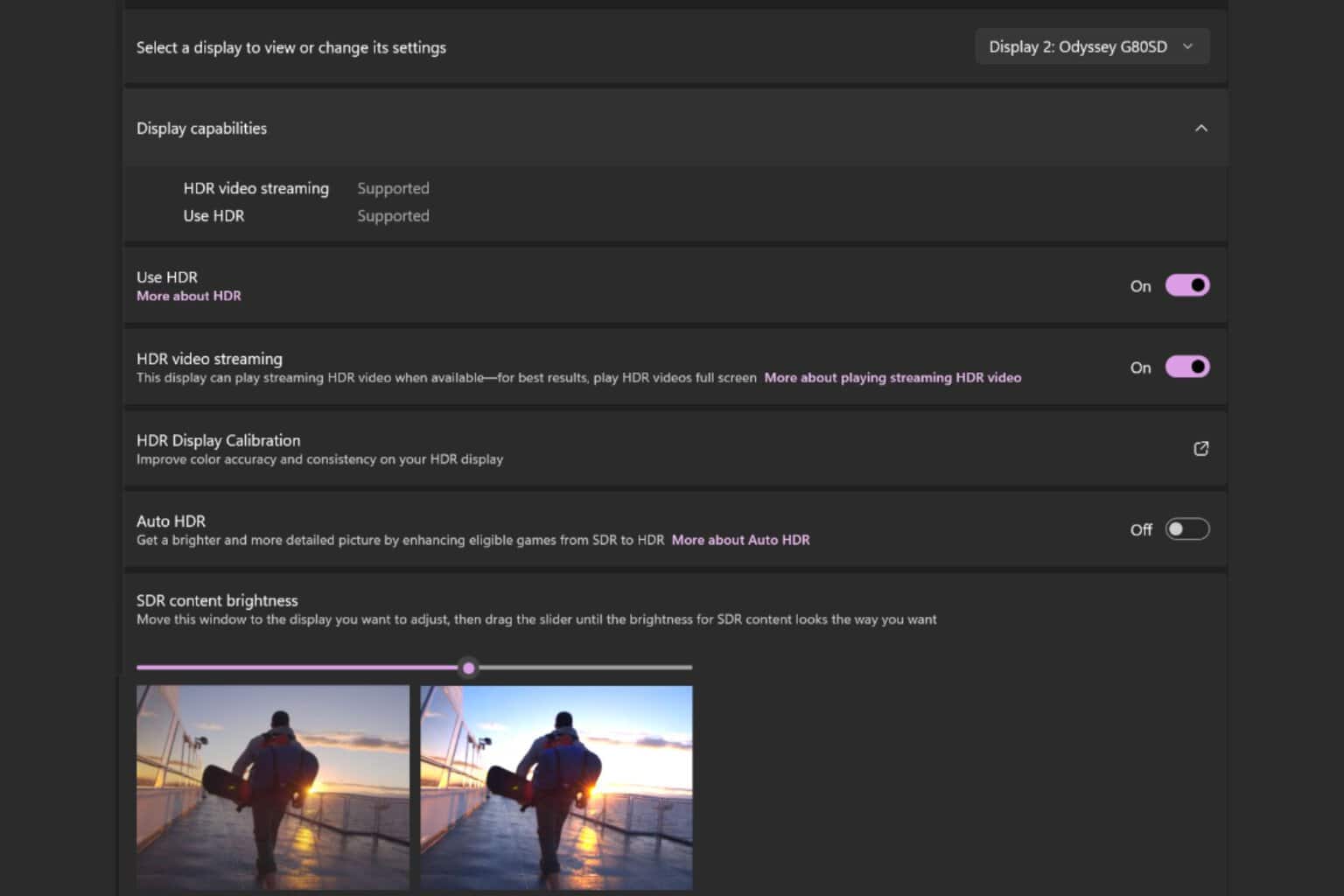
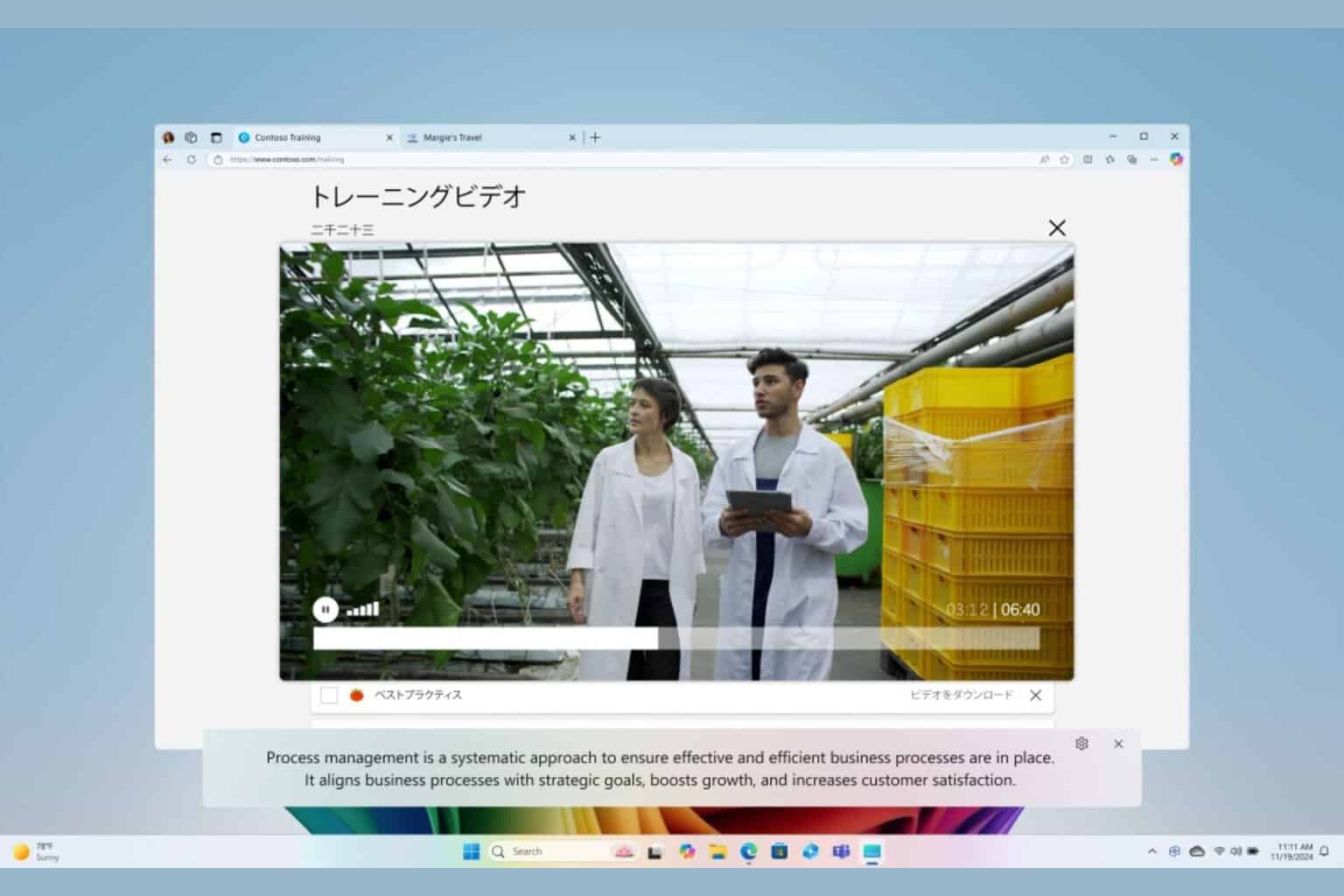
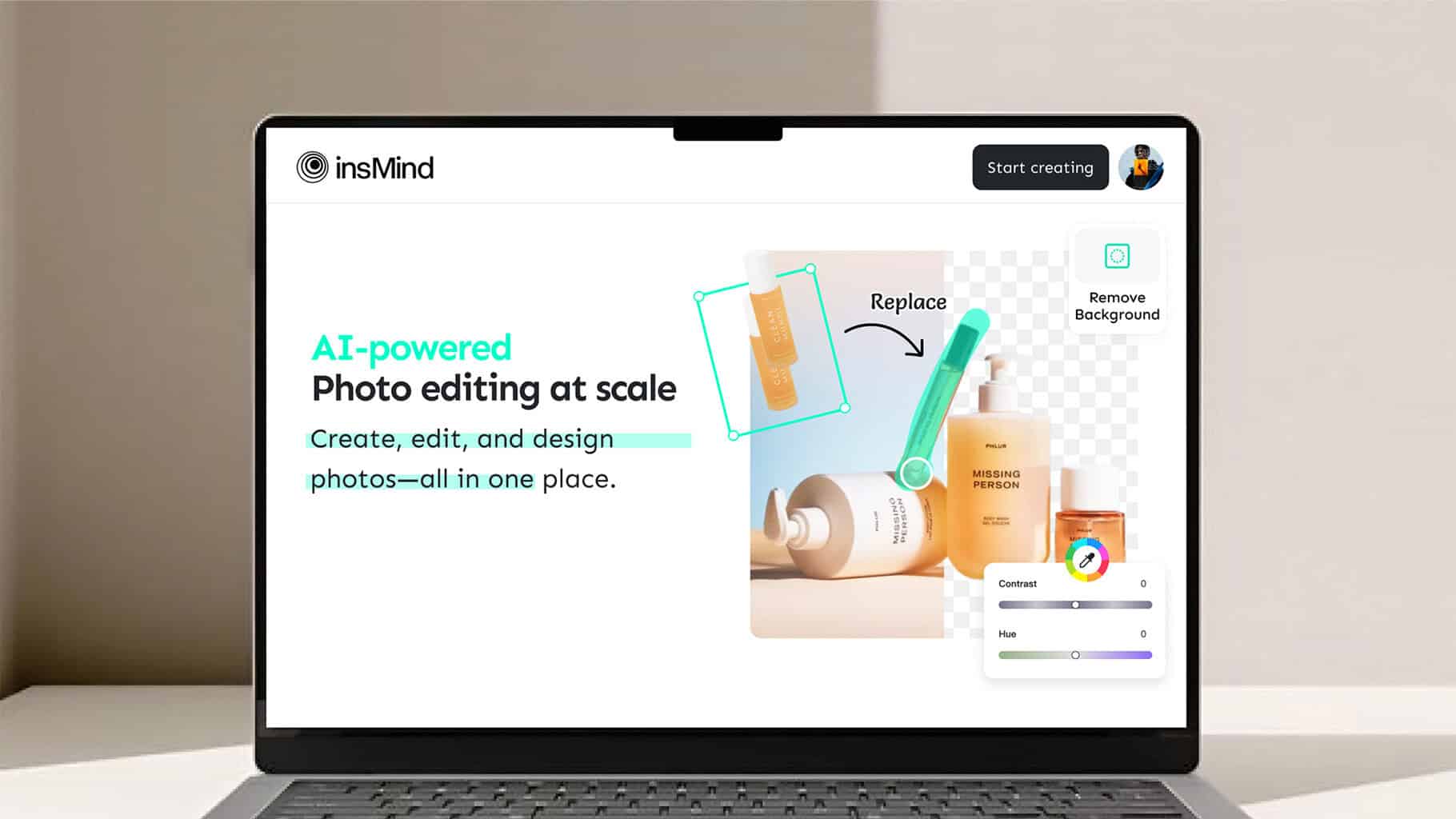
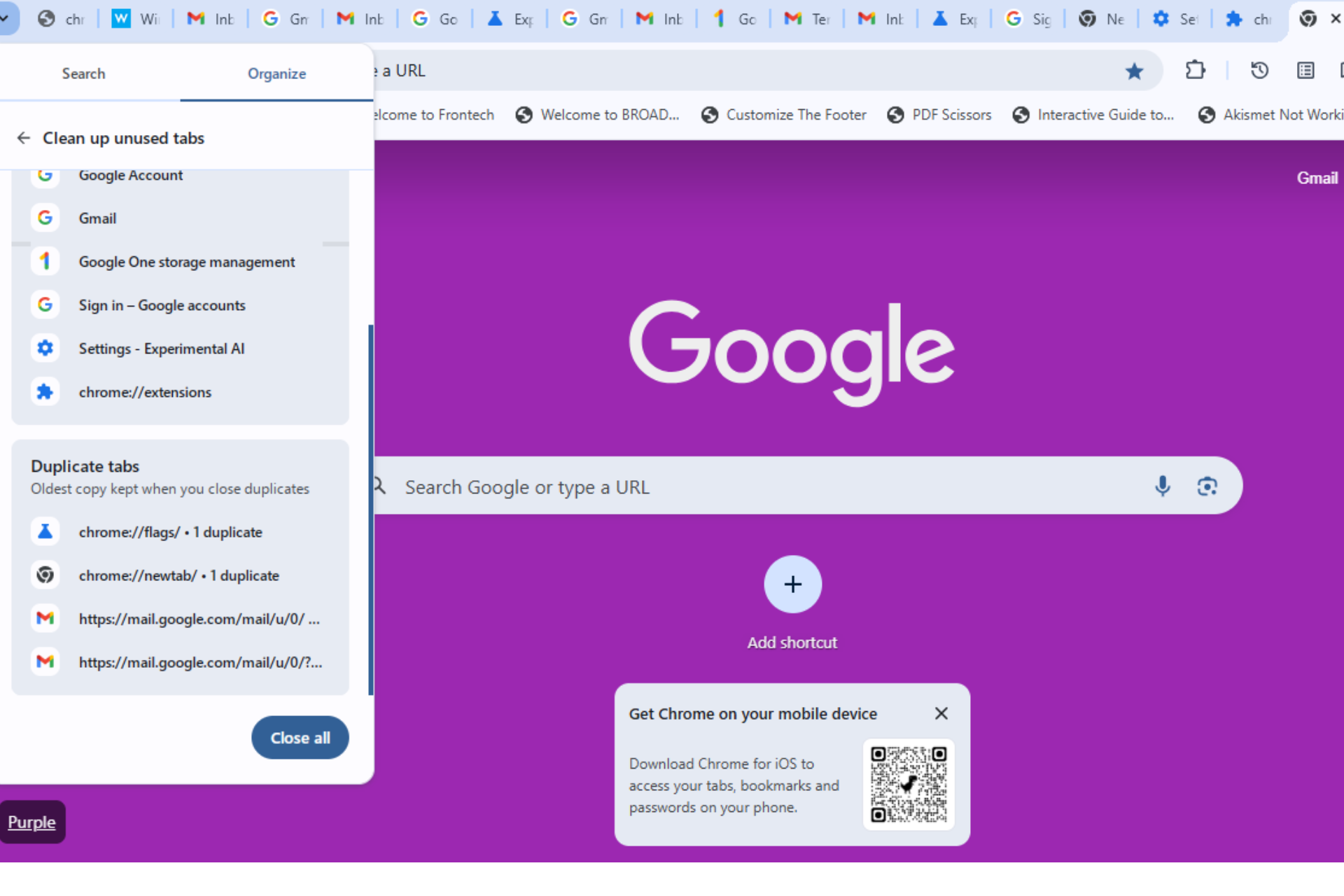
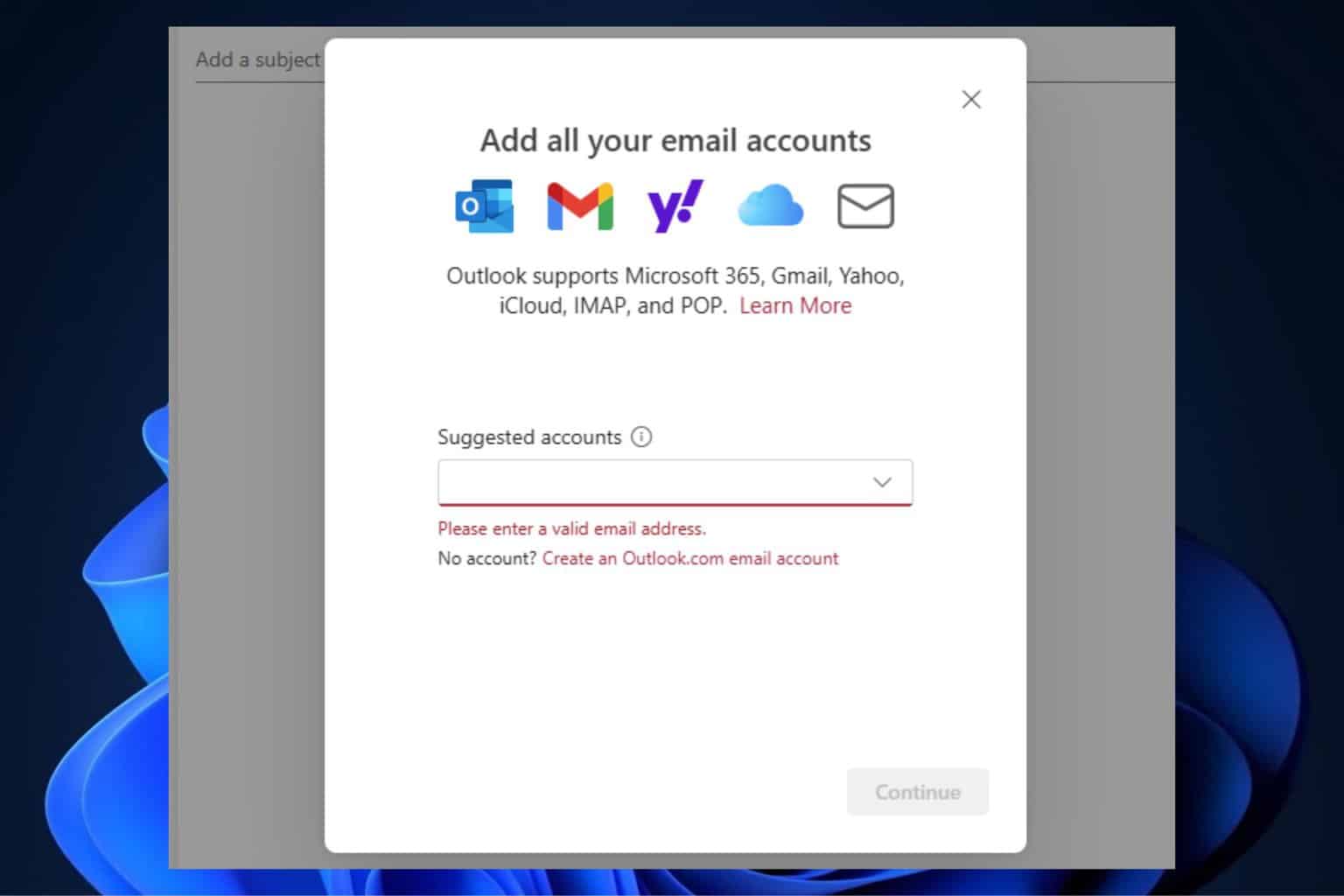
User forum
0 messages